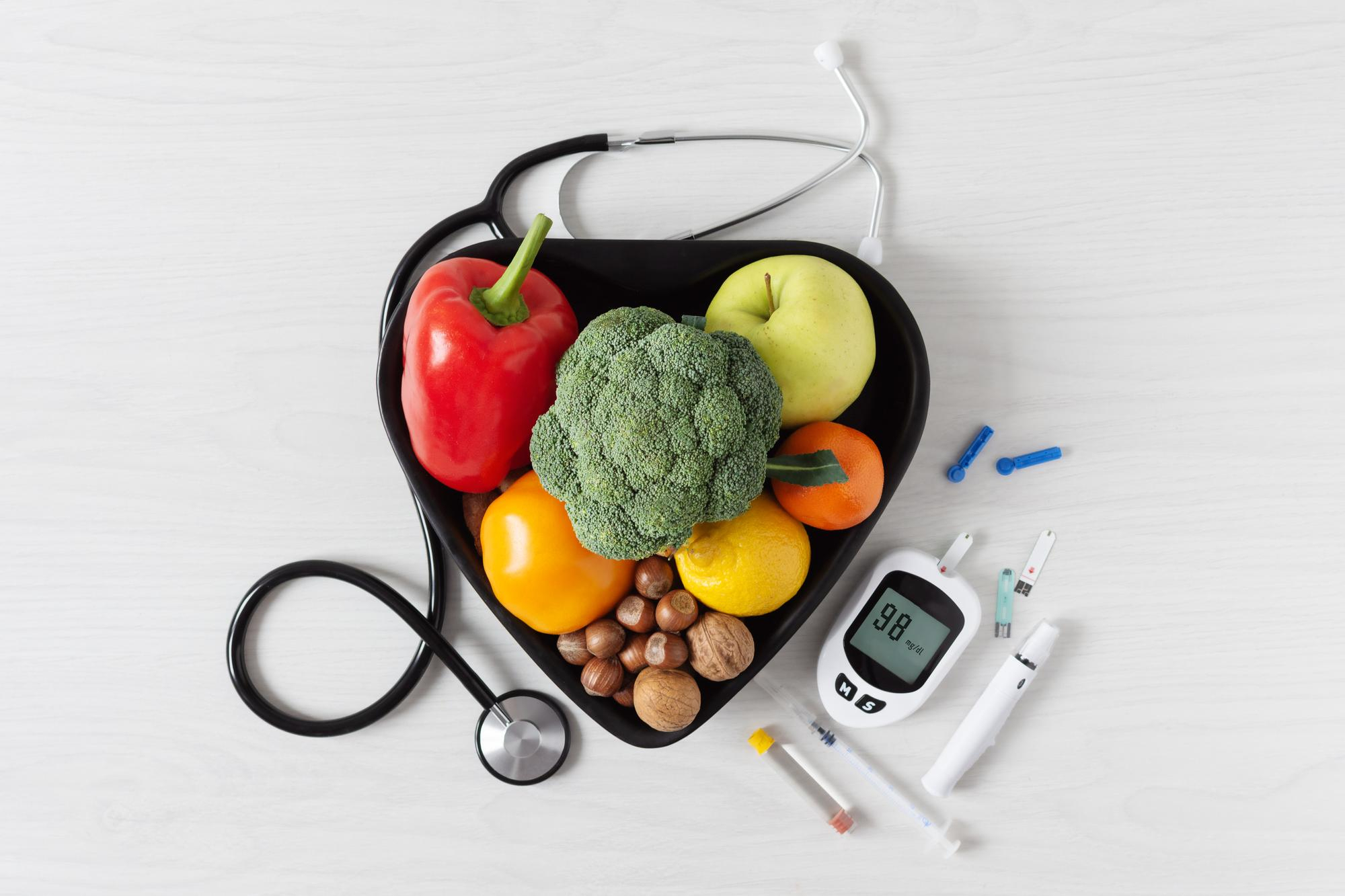Managing Diabetes Through Diet: Key Foods to Include and Avoid for Optimal Control

Managing diabetes effectively involves making informed dietary choices to maintain stable blood sugar levels, prevent complications, and support overall health. Below is a guide on foods to embrace and avoid for better diabetes control.
Foods to Embrace
A diabetes-friendly diet prioritizes nutrient-dense, low-glycemic foods that help regulate blood sugar levels:
- Non-Starchy Vegetables: Options like broccoli, spinach, kale, peppers, and cauliflower are low in carbohydrates and rich in fiber, vitamins, and minerals.
- Whole Grains: Brown rice, quinoa, oats, and whole-grain bread provide complex carbohydrates that are digested more slowly, helping to prevent blood sugar spikes.
- Lean Proteins: Skinless poultry, fish (especially fatty fish like salmon), tofu, eggs, and legumes are excellent sources of protein that do not significantly affect blood sugar.
- Healthy Fats: Avocados, nuts, seeds, and olive oil can improve heart health and provide sustained energy without raising blood glucose.
- Low-Glycemic Fruits: Berries (blueberries, strawberries), cherries, and apples are good choices in moderation due to their lower impact on blood sugar.
- Dairy or Alternatives: Low-fat or unsweetened dairy products like yogurt or plant-based alternatives (e.g., almond milk) offer calcium and protein without added sugars.
Foods to Avoid
Certain foods can cause sharp increases in blood sugar levels or contribute to long-term complications:
- Refined Carbohydrates: White bread, white rice, pastries, and sugary cereals can lead to rapid glucose spikes due to their low fiber content.
- Sugary Foods and Drinks: Sweets like cakes, cookies, candies, sugary beverages (sodas, sweetened juices), and syrups should be minimized as they provide empty calories and raise blood sugar quickly.
- Fried Foods: Items like French fries or fried chicken are high in unhealthy fats and calories that can worsen insulin resistance.
- Highly Processed Foods: Packaged snacks (chips), processed meats (sausages), and canned goods with added sodium or sugar should be limited for better overall health.
- High-Sodium Foods: Pickles, processed sauces, and salty snacks may increase the risk of hypertension—a common complication of diabetes.
Additional Tips
- Portion Control: Practicing portion control supports balanced blood sugar levels and reduces the risk of overeating.
- Timing of Meals: Regular meal schedules can help the body use insulin more effectively.
- Hydration: Water is the best choice for hydration; limit sugary drinks.
- Monitoring Blood Sugar: Track how different foods affect your glucose levels to personalize your diet.
By focusing on whole foods rich in fiber, healthy fats, lean proteins, and low-glycemic carbs while limiting processed and sugary items, individuals with diabetes can better manage their condition and reduce the risk of complications.
If you're looking for online courses on diabetes awareness and management, Care Learning platform offer courses specifically for nurses and healthcare professionals. These courses aim to provide essential knowledge on how to effectively manage diabetes in patients, including understanding the disease, treatment options, and patient care strategies.
